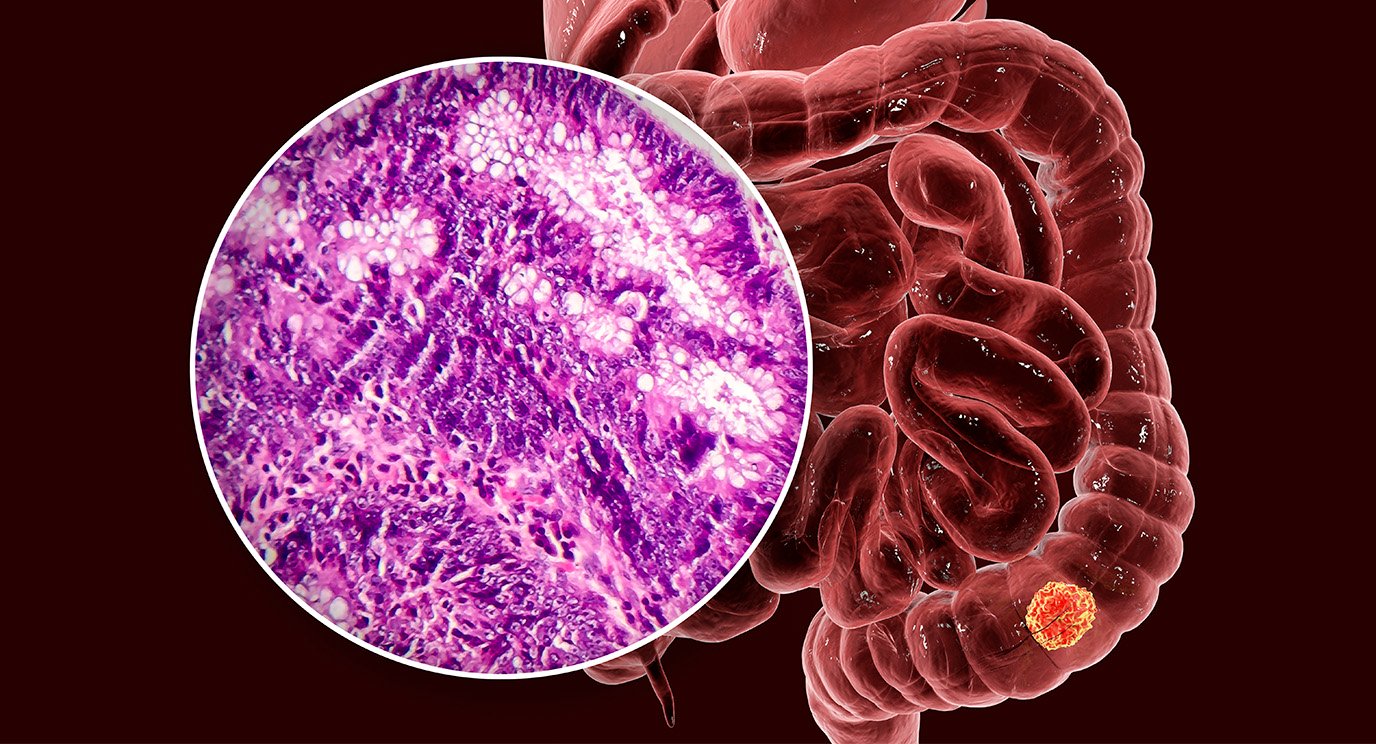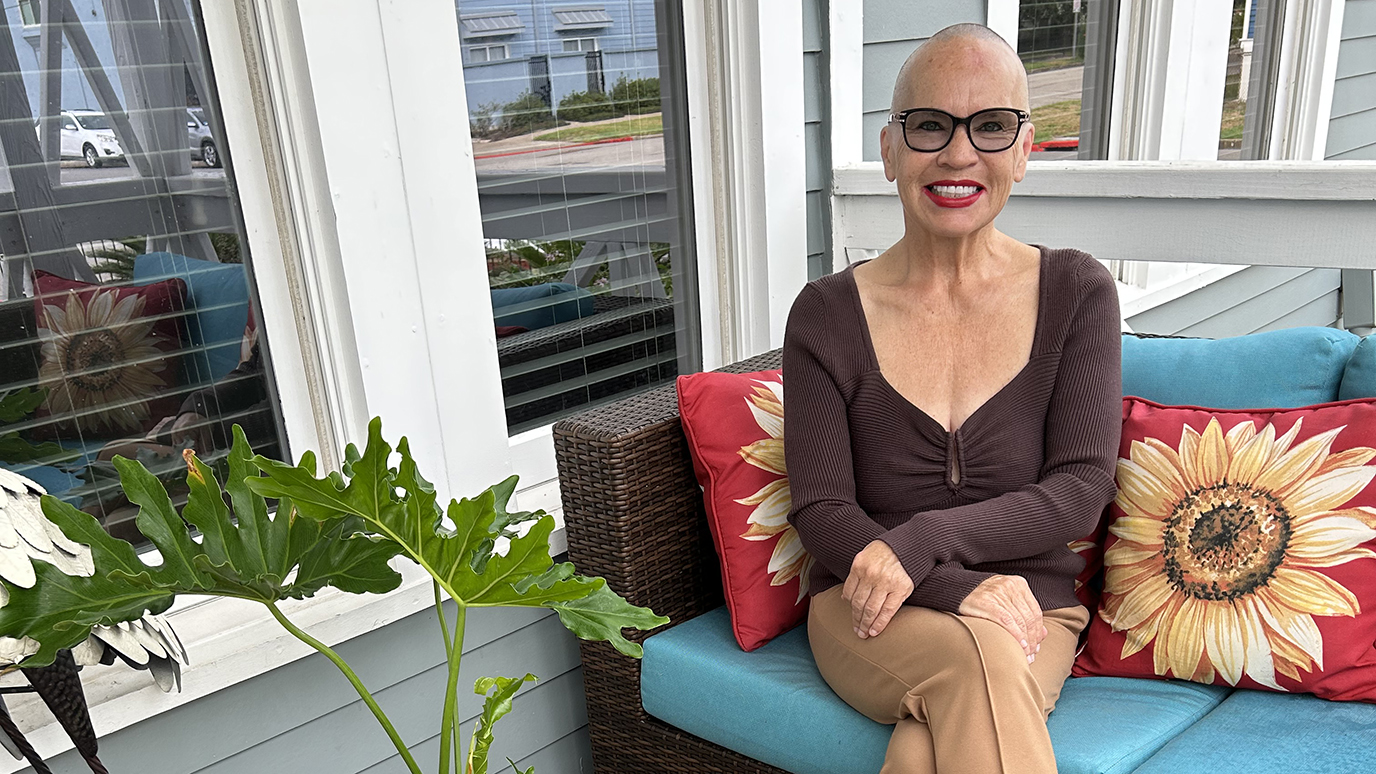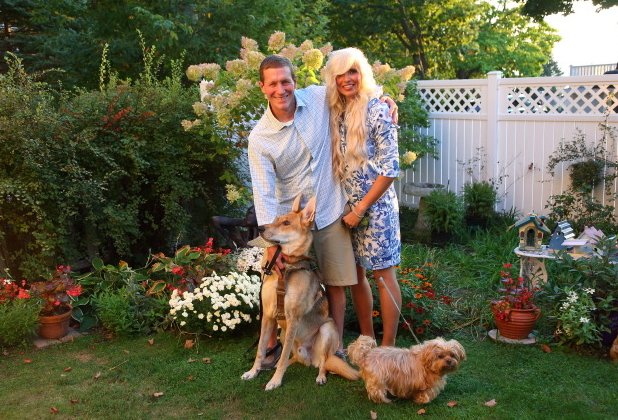- Diseases
- Acoustic Neuroma (14)
- Adrenal Gland Tumor (24)
- Anal Cancer (66)
- Anemia (2)
- Appendix Cancer (16)
- Bile Duct Cancer (26)
- Bladder Cancer (68)
- Brain Metastases (28)
- Brain Tumor (230)
- Breast Cancer (718)
- Breast Implant-Associated Anaplastic Large Cell Lymphoma (2)
- Cancer of Unknown Primary (4)
- Carcinoid Tumor (8)
- Cervical Cancer (154)
- Colon Cancer (164)
- Colorectal Cancer (110)
- Endocrine Tumor (4)
- Esophageal Cancer (42)
- Eye Cancer (36)
- Fallopian Tube Cancer (6)
- Germ Cell Tumor (4)
- Gestational Trophoblastic Disease (2)
- Head and Neck Cancer (6)
- Kidney Cancer (124)
- Leukemia (344)
- Liver Cancer (50)
- Lung Cancer (288)
- Lymphoma (284)
- Mesothelioma (14)
- Metastasis (30)
- Multiple Myeloma (98)
- Myelodysplastic Syndrome (60)
- Myeloproliferative Neoplasm (4)
- Neuroendocrine Tumors (16)
- Oral Cancer (100)
- Ovarian Cancer (170)
- Pancreatic Cancer (164)
- Parathyroid Disease (2)
- Penile Cancer (14)
- Pituitary Tumor (6)
- Prostate Cancer (144)
- Rectal Cancer (58)
- Renal Medullary Carcinoma (6)
- Salivary Gland Cancer (14)
- Sarcoma (236)
- Skin Cancer (296)
- Skull Base Tumors (56)
- Spinal Tumor (12)
- Stomach Cancer (60)
- Testicular Cancer (28)
- Throat Cancer (90)
- Thymoma (6)
- Thyroid Cancer (98)
- Tonsil Cancer (30)
- Uterine Cancer (78)
- Vaginal Cancer (14)
- Vulvar Cancer (18)
- Cancer Topic
- Adolescent and Young Adult Cancer Issues (20)
- Advance Care Planning (10)
- Biostatistics (2)
- Blood Donation (18)
- Bone Health (8)
- COVID-19 (362)
- Cancer Recurrence (120)
- Childhood Cancer Issues (120)
- Clinical Trials (628)
- Complementary Integrative Medicine (24)
- Cytogenetics (2)
- DNA Methylation (4)
- Diagnosis (230)
- Epigenetics (6)
- Fertility (64)
- Follow-up Guidelines (2)
- Health Disparities (14)
- Hereditary Cancer Syndromes (124)
- Immunology (18)
- Li-Fraumeni Syndrome (8)
- Mental Health (118)
- Molecular Diagnostics (8)
- Pain Management (62)
- Palliative Care (8)
- Pathology (10)
- Physical Therapy (18)
- Pregnancy (18)
- Prevention (898)
- Research (392)
- Second Opinion (74)
- Sexuality (16)
- Side Effects (604)
- Sleep Disorders (10)
- Stem Cell Transplantation Cellular Therapy (216)
- Support (404)
- Survivorship (322)
- Symptoms (184)
- Treatment (1776)
Total pelvic exenteration survivor: ‘Life is precious. Don’t waste it.’
BY John Kennedy
4 minute read | Published September 19, 2017
Medically Reviewed | Last reviewed by an MD Anderson Cancer Center medical professional on September 19, 2017
I’m very seldom sick, so being diagnosed with colorectal cancer and ultimately needing a total pelvic exenteration at age 48 took me by surprise.
I started having problems going to the bathroom in the fall of 2015. The constipation went on for two or three weeks, so I did the home remedy thing. But one day, I literally doubled over with stomach pain so bad that I had to leave work and go to an urgent care clinic.
The doctor performed a rectal exam and said, “Listen, I hate to give you the bad news, but you’ve got cancer.”
My colorectal cancer diagnosis
I’ve always been a realist. I believe you have to deal with the facts that are in front of you. So when I was diagnosed with cancer, I just thought, “OK. What’s next? What can be done?”
The urgent care doctor told me the tumor was the size of softball, and I needed a colostomy as soon as possible. The tumor could rupture at any time, and if that happened, I could die within a few hours. So I saw a local surgeon, and he performed the procedure on Sept. 19, 2015.
I live in northeastern Indiana, and we have a lot of good hospitals fairly close. But my cancer was so advanced and growing so rapidly that even my surgeon wouldn’t remove it. He said it was way above his skill level.
He gave me two choices: go to a hospital in New York City or to MD Anderson in Houston. I’m not a city boy, so I said, “Send me to Texas.”
Why I chose a total pelvic exenteration
I had my first appointment at MD Anderson in January 2016. I met with Dr. Arvind Dasari and Dr. George Chang. They told me I had adenocarcinoma, one of most aggressive types of colorectal cancer. Dr. Chang recommended a procedure called a total pelvic exenteration.
The surgery sounded kind of extreme, but I knew if I didn’t do it, I would die. We scheduled the procedure for May. On the day of the surgery, Dr. Chang discovered the tumor had burst. So, I had to have three drains installed instead. I went back home and had three months of chemotherapy and six weeks of radiation while waiting for the drains to do their job.
At my follow-up with Dr. Chang in October 2016, he said the cancer was so advanced that he could no longer actively encourage me to have the surgery. It was so risky that it had to be my decision. But I’m not a quitter, so I figured I might as well go down swinging. One way or another, I was going to be done with cancer. So I took a deep breath and said, “Let’s do it.”
Adjusting to life after a total pelvic exenteration
My total pelvic exenteration took place on Oct. 26, 2016. It took Dr. Chang, Dr. Louis Pisters and two other surgical teams more than 21 hours to remove my bladder, prostate, large intestine and part of my tailbone. I spent three weeks in the hospital recovering.
The hardest part of my life now is that I have two bags hanging from the front of me: a colostomy bag (to collect stool) and a urostomy bag (to collect urine). I can eat anything, but I’m still learning what I probably shouldn’t eat. It’s not fun to deal with, but it’s better than the alternative.
Bending over to tie my shoes is also not fun. The surgeons took a lot of muscle off my rear end to fill in the gaps, so what’s left doesn’t stretch that far anymore. I also had to rebuild my strength after being out of commission for 15 months. But I returned to work just a couple of months after my surgery, and now I’m almost back to where I was.
Staying positive after a total pelvic exenteration
Some people ask how I can stay so positive. They call my outlook “remarkable.” I don’t really see it that way. I just consider myself practical. Every choice I’ve made has had good and bad aspects. But I’m better off today than I was before, so in the long run, it was worth it. Three days after surgery, I was declared cancer-free. And I’ve showed no evidence of disease since then.
To me, cancer is like a teeter-totter. Sometimes you gotta go down to go back up. But eventually, your time is up. So enjoy what you have. Life is precious. It doesn’t matter if it’s two days or 20 years. Don’t waste it.
Request an appointment at MD Anderson online or by calling 1-877-632-6789.
Related Cancerwise Stories

Cancer is like a teeter-totter. Sometimes you gotta go down to go back up.
John Kennedy
Survivor





